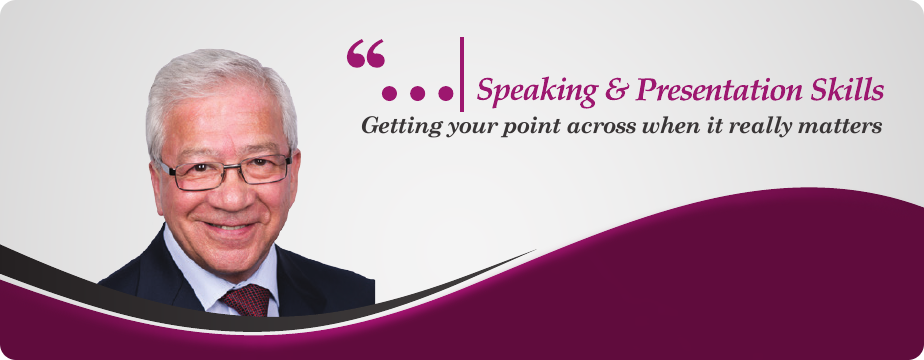-
15 Tips to help you get what you want
Negotiation isn’t about winning and losing. It’s about both sides feeling there was some progress, with both being better off than before. For example, gaining good will may be as important as gaining concessions.
Negotiation is a PITI-ful process that takes place within a web of tension. The important factors are Power, Information, Time and Intention.
Power means you have something that the other party wants.
Information is about knowing the other party’s needs.
Time imposes pressure, when deadlines apply the imperative to resolve.
Intention is about the objectives of both parties.Most things are negotiable, but only if you follow the basic principles … in the right order. Never try to negotiate after making a commitment, and never if you first alienate the other person. It then becomes a battle for supremacy.
Here are 15 useful tips. There are others, of course, but these will help:
1. Know what you want (Best Case)
2. Decide on your lowest fall-back position (Worst Case)
3. Know what you have that the other party wants (Power)
4. Find out what the other party needs … and why (Information)
5. Develop a relationship (Trust)
6. Don’t show you are in a hurry or under pressure (Time)
7. Start with a side issue or product that you don’t really want
8. Come indirectly your objective (Intention)
9. Allow lots of space to manoeuvre and horse-trade towards a shared goal
10. Appear indifferent and allow the other party to ‘sell’ it to you
11. Be an active listener – ears and eyes!
12. Find some benefit for the other party to give you what you want
13. Treat the negotiation as a process not an event
14. Know what you are prepared to concede, but hold back as long as possible
15. Focus on interests not positions (sometimes there’s no real conflict)Finally, be clear whether you are negotiating for something you want, or if the other party is negotiating with you. The rules are similar but not the same.
-
Have you considered Database Marketing?
Small businesses don’t always have a Marketing Plan. And when someone suggests Database Marketing, here’s what they often ask: “Isn’t Database Marketing only for the big boys?â€
The answer is No. You do not need an expensive system to set up a Database. You can use a simple spreadsheet to record the essential information about your customers.
These are the details your system should record:
Recency: date of last purchase
Frequency: how many purchases made
Money: total spend with you so far
Average order: Money divided by Frequency
Trend: are the Frequency and Average rising or falling?
Your marketing should focus on Recency, Frequency and Money – the RFM factors, as they are called in Direct Marketing.
Those who bought from you recently, and often, are the ones most likely to buy from you again, because they have accepted you as a preferred supplier, and do not need much reminding of the benefits of doing business with you.
And those who buy frequently could quite readily be persuaded to shorten the gap between purchases or to order something new between their regular purchases.
The total money spent with you will also determine how important they are to your business, and how profitable.
Obviously, Recency, Frequency and Money will have different values in different businesses.
For example, the gaps for buying computers will usually be much greater than for consumables like stationery. You should monitor all gaps and learn what is normal for each type of product, not only among your own customers, but in the industry.
It adds important information to your Database – information that can guide your Marketing decisions.
The other factor to consider is creativity – copywriting and design. Start with an email to phillip@speakingandpresentationskills.com or call 0845 165 9240.
